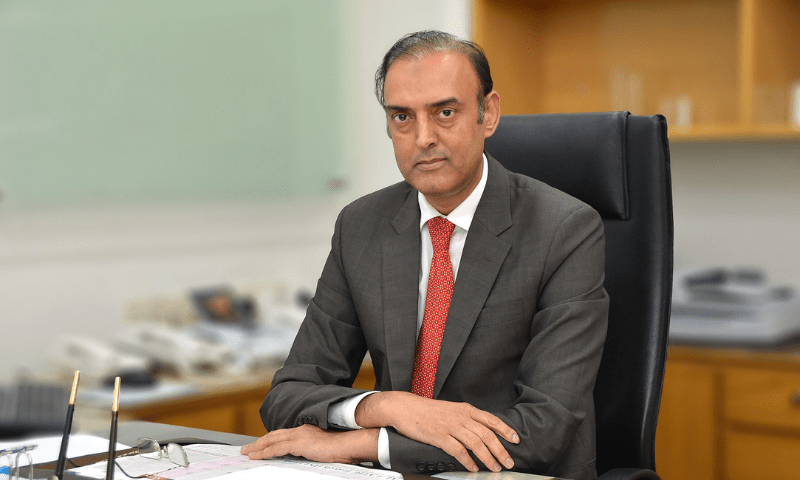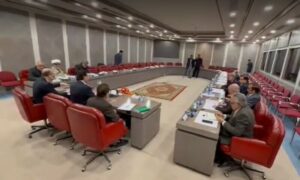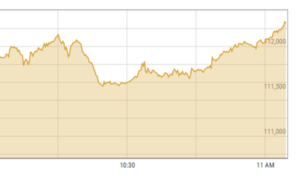• Says FY25 outstanding debt payment stands at $26.2bn
• Over $16bn will be rolled over by friendly countries
ISLAMABAD: State Bank of Pakistan (SBP) Governor Jameel Ahmad cautioned on Wednesday that budgetary measures are expected to increase inflation but assured that the external sector will remain manageable in the current fiscal year, thanks to debt rollovers from friendly countries.
Mr Ahmad testified before the National Assembly Standing Committee on Finance and Revenue, chaired by MNA Naveed Qamar, and provided insights into the country’s foreign and domestic sector performance for the ongoing fiscal year.
The SBP chief noted that the total outstanding debt payment for FY25 stands at $26.2 billion. Of this, more than $16bn will be rolled over by friendly countries, leaving a balance of $10bn to be paid by June 30 next year.
He said the central bank had already paid $1.5bn in debt last month, with $8.5bn remaining for payment by the end of the fiscal year. In FY24, the State Bank paid out $12.5bn, while the country’s external debt reached $130bn.
Secretary Finance Imdad Ullah Bosal informed the committee that Pakistan would receive its first IMF tranche following the rollover of $4.4bn in Chinese commercial loans. The government has also secured a one-year extension in loan rollovers from Saudi Arabia and the United Arab Emirates.
The SBP governor said that $12.3bn in deposits from friendly countries, including China, Saudi Arabia, and the UAE, will be rolled over for a year. These rollovers will provide a breathing space for the government in FY25. “I don’t see any external pressures,” he remarked.
In FY24, the government spent Rs8.3 trillion on interest payments and is expected to spend Rs9.75 trillion by the end of FY25.
On the domestic side, the major challenge remains controlling inflation. Mr Ahmad projected that inflation would be 11.5 per cent in FY25 but could rise to 13.5pc due to budgetary measures and energy prices.
He also warned that rising wheat prices in the coming winter could further elevate inflation. Although global oil prices are currently falling, a potential conflict in the Middle East could lead to higher oil prices, affecting Pakistan as well.
Mr Ahmad mentioned that measures have been implemented to control inflation, predicting it would range between 5pc and 7pc starting next year.
He said the country’s foreign exchange reserves had reached $9.1bn after last month’s debt payment and could increase to $13bn by the end of this fiscal year.
When committee members questioned the high interest rate in the country, the SBP governor explained that the policy rate is projected to fall as the economy stabilises.
He also outlined the central bank’s five-year plan to stabilise the economy, which includes controlling the current account deficit, ensuring foreign exchange reserves cover three months’ worth of imports, and achieving financial stability and transparency.
He acknowledged that GDP growth has been constrained to 3.5pc over the past decade, a rate he deemed modest compared to the country’s population growth. He emphasised the need to increase domestic exports by 10pc to 15pc and claimed that there are no import restrictions in place to manage the current account imbalance.
Mr Ahmad also mentioned efforts to reduce the gap between open market and interbank dollar exchange rates, with actions taken against Hundi and dollar smuggling.
MNA Azhar Kiani noted that while the interest rate had been reduced to 19.5pc, it remains 6pc higher than the inflation rate, increasing the government’s interest payments. The SBP governor defended the high interest rates, stating they were necessary to keep inflation in check.
Published in Dawn, August 8th, 2024







